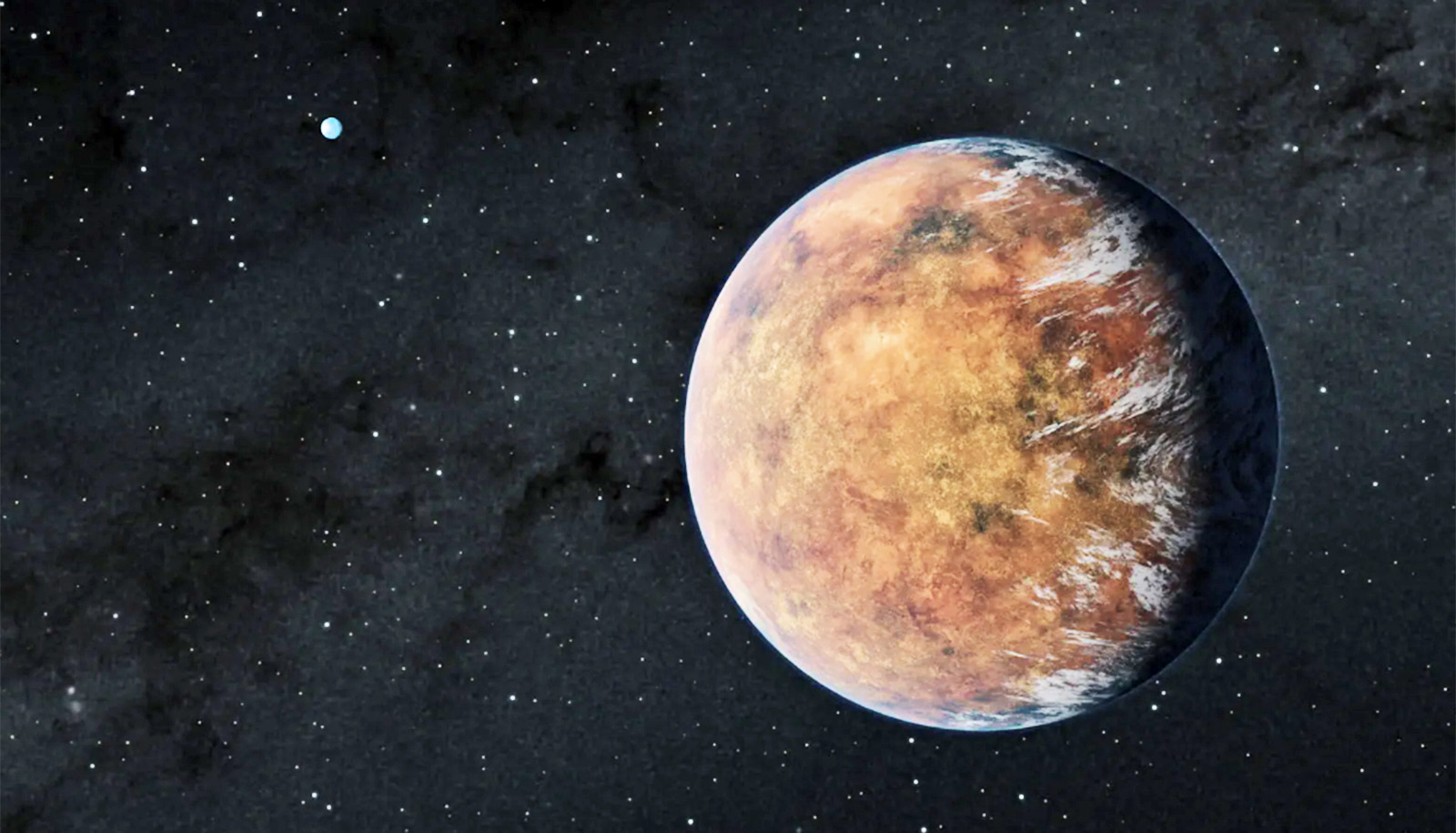Researchers have discovered an Earth-sized exoplanet—a planet outside of our solar system.
The planet, named TOI-700 e, falls within its star’s habitable zone, meaning it could be capable of supporting life as we know it.
Astronomers believe that many such planets exist in our galaxy and across the universe. The discovery of TOI-700 e, along with the earlier confirmation of its host system, could provide unique opportunities to better explore exoplanets going forward.
“Even with more than 5,000 exoplanets discovered to date, TOI-700 e is a key example that we have a lot more to learn,” says Joey Rodriguez, an assistant professor in the physics and astronomy department at Michigan State University, who helped make the discovery.
Rodriguez was one of the senior researchers on the project, led by Emily Gilbert, a postdoctoral fellow at NASA’s Jet Propulsion Laboratory in Southern California. The duo is also part of the original team that confirmed the TOI-700 system in 2020, finding it had at least three planets (named TOI-700 b, TOI-700 c, and TOI-700 d).
With the new discovery, the team showed that the TOI-700 system has two Earth-sized planets within its habitable zone.
“This is one of only a few systems with multiple, small, habitable-zone planets that we know of,” says Gilbert. “That makes the TOI-700 system an exciting prospect for additional follow-up.”
Gilbert, Rodriguez, and Andrew Vanderburg, an assistant professor of physics at Massachusetts Institute of Technology, spearheaded the current project, which includes researchers from dozens of institutions. The research team announced the finding at the American Astronomical Society meeting in Seattle.
Here, Rodriguez, an exoplanet expert, explains the discovery and the research behind it:
Source: Matt Davenport for Michigan State University
Author Profile
- "Center" Bias Rating
- Futurity is a nonprofit website that aggregates news articles about scientific research conducted at prominent universities in the United States, the United Kingdom, Canada, Europe, Asia, and Australia. It is hosted and edited by the University of Rochester.
Latest entries
 ScienceSeptember 16, 2024There’s a surprising link between body temp and animal diets
ScienceSeptember 16, 2024There’s a surprising link between body temp and animal diets ScienceSeptember 16, 2024Super flexible probes more accurately record brain activity
ScienceSeptember 16, 2024Super flexible probes more accurately record brain activity ScienceSeptember 15, 2024Drug kills triple negative breast cancer cells
ScienceSeptember 15, 2024Drug kills triple negative breast cancer cells ScienceSeptember 14, 2024Watch: Robot shoots clay to create sustainable structures
ScienceSeptember 14, 2024Watch: Robot shoots clay to create sustainable structures

